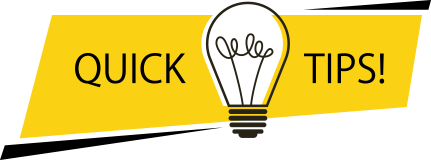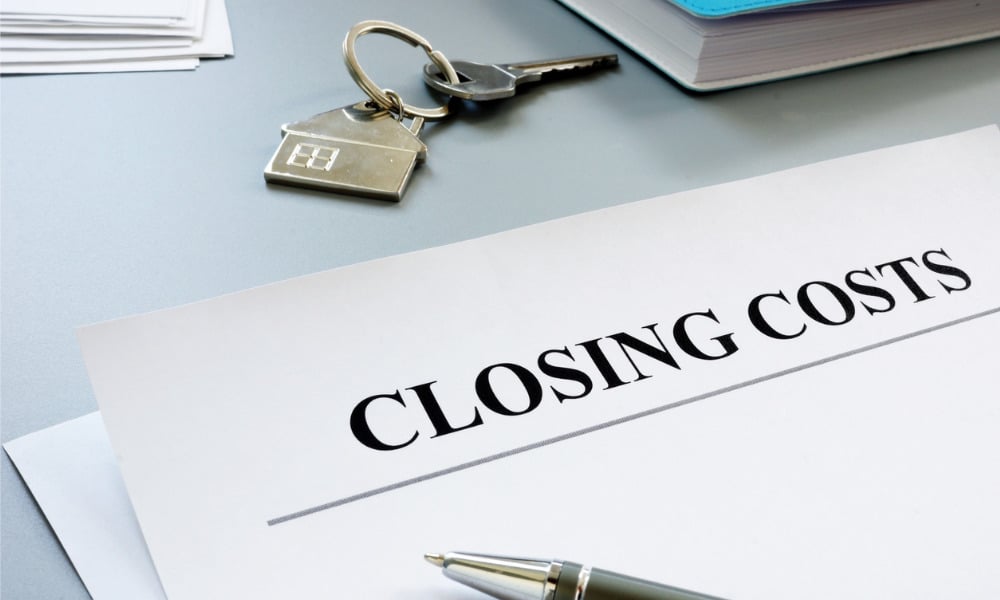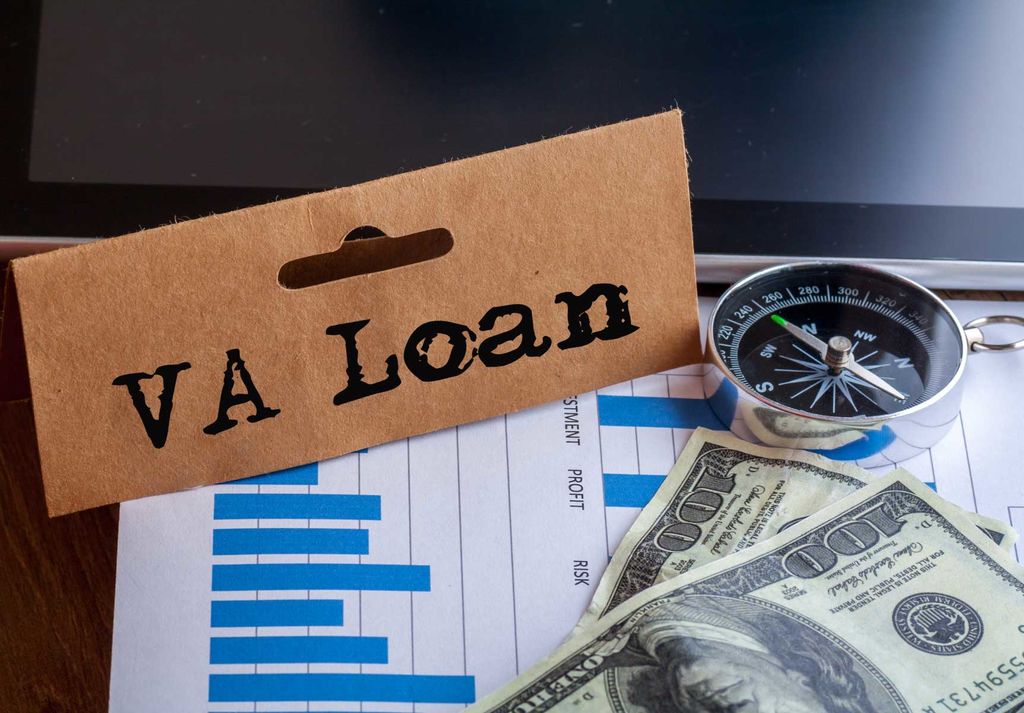Introduction
Buying a home is an exciting journey, but it’s crucial to be aware of the various expenses involved in the process. One significant aspect that often catches first-time homebuyers off guard is closing costs. In this guide, we’ll break down what closing costs are, why they matter, and what you need to know to navigate them successfully. We’ll also touch on specific considerations for VA loans.
What Are Closing Costs?
Closing costs refer to the fees and expenses associated with finalizing a real estate transaction. These costs are separate from the property’s purchase price, are not the same thing as your down payment, and cover a range of services required to complete the homebuying process. It’s essential to budget for closing costs to ensure a smooth and financially sound transition to homeownership.
Components of Closing Costs
-
Loan-related Costs
- Origination Fees: Charges from the lender for processing the loan.
- Discount Points: Optional fees to lower the interest rate.
- Appraisal Fees: Cost of assessing the property’s value.
-
Title and Escrow Costs
- Title Insurance: Protects against issues with the property title.
- Escrow Fees: The cost for the escrow agent’s services.
-
Government Fees
- Recording Fees: Charges for recording the home purchase with local authorities.
- Transfer Taxes: Taxes imposed by the state or local government.
-
Homeownership-related Costs
- Homeowners Insurance: Insurance to protect your investment.
- Property Taxes: Pro-rated taxes for the time you’ll own the home during the tax year.
VA Loan Considerations
If you’re using a VA loan, it’s important to note that there are regulations in place to protect veterans. While VA loans often have lower closing costs compared to conventional loans, certain fees are not allowed to be charged to the veteran. Be sure to work closely with your lender to understand the specific regulations and benefits associated with VA loans. It’s also very important to work with both a lender and a real estate agent that are very familiar with VA loans and work with them frequently.
Realtor Commissions
In addition to closing costs, it’s common for homebuyers to wonder about realtor commissions. Typically, the seller pays the real estate agent’s commission, which is then split between the buyer’s agent and the seller’s agent. This means that as a buyer, you usually don’t directly pay your real estate agent. However, understanding how commissions work can help you navigate negotiations and better comprehend the overall transaction process.

How Much Are Closing Costs?
Closing costs typically range from 2% to 5% of the home’s purchase price. However, the exact amount can vary based on factors like the property’s location, the size of the loan, and the specific services required. Working with your real estate agent and lender can give you a more accurate estimate tailored to your situation. It’s also important to shop your lender carefully as specific fees your lender charges can dramatically effect your closing costs.

Tips for Managing Closing Costs
- Get Multiple Quotes: Seek estimates from different lenders and service providers to compare costs.
- Negotiate with the Seller: In some cases, sellers may be willing to contribute to closing costs.
- Review the Closing Disclosure: Carefully go through the Closing Disclosure statement provided by your lender, ensuring you understand each itemized cost.
Conclusion
Being informed about closing costs is a crucial step in the homebuying process. By understanding the components, planning ahead, and considering specific regulations for VA loans, you can avoid surprises and make informed financial decisions. Remember, your real estate agent and lender are valuable resources to help you navigate the complexities of closing costs and ensure a successful and stress-free homebuying experience.
Happy house hunting!



